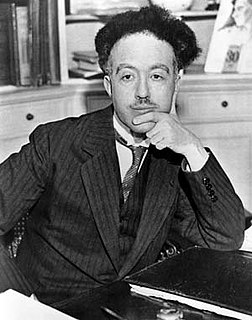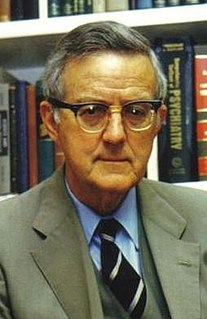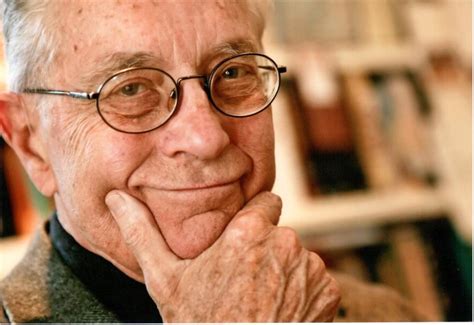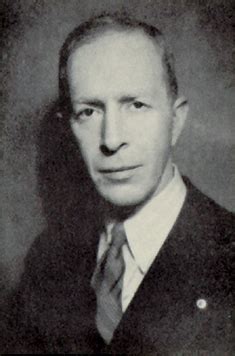A Quote by Nikola Tesla
The history of science shows that theories are perishable. With every new truth that is revealed we get a better understanding of Nature and our conceptions and views are modified.
Related Quotes
Scientific knowledge is, by its nature, provisional. This is due to the fact that as time goes on, with the invention of better instruments, more data and better data hone our understanding further. Social, cultural, economic, and political context are relevant to our understanding of how science works.
In spite of the fact that religion looks backward to revealed truth while science looks forward to new vistas and discoveries, both activities produce a sense of awe and a curious mixture of humility and arrogance in their practitioners. All great scientists are inspired by the subtlety and beauty of the natural world that they are seeking to understand. Each new subatomic particle, every unexpected object, produces delight and wonderment. In constructing their theories, physicists are frequently guided by arcane concepts of elegance in the belief that the universe is intrinsically beautiful.
The history of science shows that the progress of science has constantly been hampered by the tyrannical influence of certain conceptions that finally came to be considered as dogma. For this reason, it is proper to submit periodically to a very searching examination, principles that we have come to assume without any more discussion.
Difficulties arise when reported observations seem to conflict with 'facts' that the majority of scientists accept as established and immutable. Scientists tend to reject conflicting observations.....Nevertheless, the history of science shows that new observations and theories can eventually prevail.
Evolution is one of the most powerful and important ideas ever developed in the history of science. Every question it raises leads to new answers, new discoveries, and new smarter questions. The science of evolution is as expansive as nature itself. It is also the most meaningful creation story that humans have ever found.
Understanding human nature must be the basis of any real improvement in human life. Science has done wonders in mastering the laws of the physical world, but our own nature is much less understood, as yet, than the nature of stars and electrons. When science learns to understand human nature, it will be able to bring a happiness into our lives which machines and the physical sciences have failed to create.
Now with the allocation and the understanding of the lack of understanding, we enter into a new era of science in which we feel nothing more than so much so as to say that those within themselves, comporary or non-comporary, will figuratively figure into the folding of our non-understanding and our partial understanding to the networks of which we all draw our source and conclusions from.
We know only a single science, the science of history. History can be contemplated from two sides, it can be divided into the history of nature and the history of mankind. However, the two sides are not to be divided off; as long as men exist the history of nature and the history of men are mutually conditioned.
Our minds are specifically adapted to developing certain theories, and we have a science if the theories that are available to our minds happen to be close to true. Well, there is no particular reason to suppose that the intersection of true theories and theories that are accessible to the mind is very large. It may not be very large.
What the founders of modern science ... had to do, was not criticize and to combat certain faulty theories, and to correct or to replace them by better ones. They had to do something quite different. They had to destroy one world and replace it by another. They had to reshape the framework of our intellect itself, to restate and to reform its concepts, to evolve a new approach to Being, a new concept of knowledge, and a new concept of science - and even to replace a pretty natural approach, that of common sense, by another which is not natural at all.





































